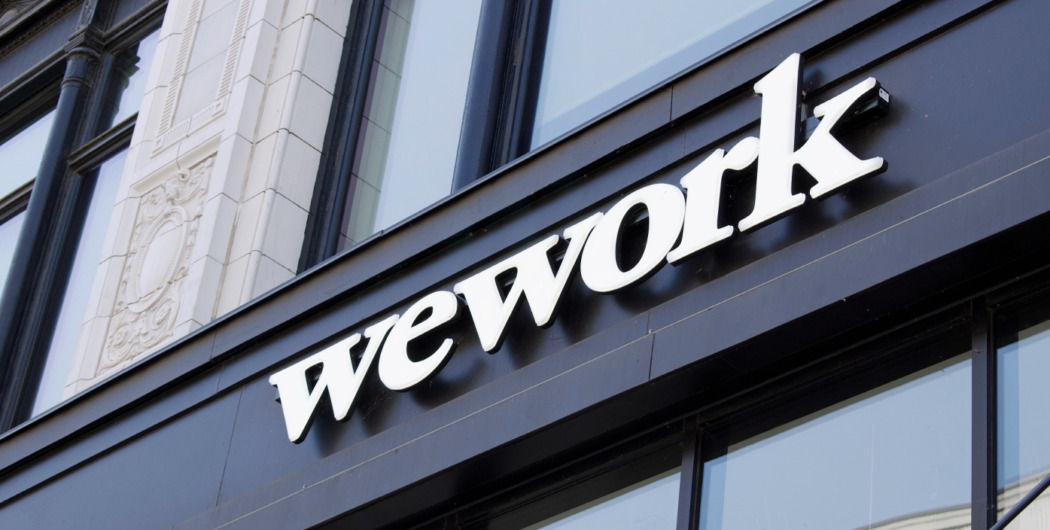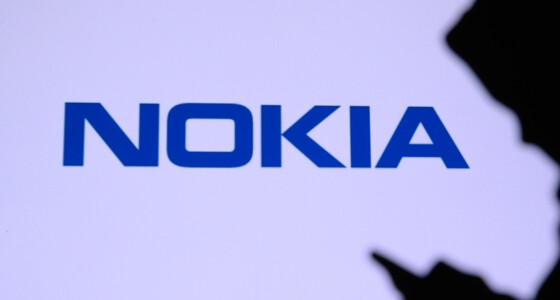

When it was launched more than a decade ago, WeWork showed a lot of promise. It was deemed the future of workplaces, eventually being valued at around $47 billion. That being said, it didn’t take long until WeWork started being referred to as “The Billion Dollar Loser.”
The rise and fall of WeWork caused a lot of drama in the financial world, to the point where they even made a miniseries in the aftermath of the events called “WeCrashed.” Jared Leto and Anne Hathaway played the main roles, so one can imagine the kind of drama that unfurls there. But what exactly happened? Well, we are about to find out.
What is WeWork?
WeWork is a company founded by Adam Neumann, an Israeli businessman, in collaboration with Miguel McKelvey, his counterpart from America. The idea was born once Neumann took note of all the empty offices that became available after the credit crisis of 2008, as well as the number of freelancers that suddenly appeared.
To put it simply, Neumann wanted to make use of these empty offices, and offer them to startup founders and freelancers that didn’t have an actual office yet. Through WeWork, he gave them a place where they could work, but without the disadvantage of having an actual employer.
The idea was novel and intriguing, which is why it was welcomed by a variety of independent contractors. Most of these people would work from their own homes, without a chance to mingle, network and form business relationships. At home, they would not have the tranquility they required to do their work or a professional place to hold meetings with their clients.
WeWork sought to solve that problem and created a place where freelancers and small business owners who wanted to have their own workspace could rent a desk. Not only could they work in peace here, the space also became also exchange ideas with other freelancers. Neumann’s startup was eventually called the WeWork labs.
The growth of WeWork
When the company was first established in 2010, it was still small and catered to small business owners. Within four years of its establishment, WeWork already had more than 50 locations all over the world, in places such as the US, Israeli, and Europe. From that point, on, the company announced its intention to expand to other countries and continents.
Things were looking very good, and with a net worth of $10 billion, WeWork was given the title of “Most Innovative Company in the World.” The financial market even called it a unicorn, since it seemed to offer a rare, once-in-a-lifetime, opportunity.
There was huge hype behind the company, and capital was flowing in at a massive rate. By the time 2016 came to an end, WeWork announced that it had already raised well over $1.7 billion in its company capital.
The cult behavior
As strange as it may sound, the hype is exactly what started WeWork’s demise. In the beginning, the mission of the company was to work in the real estate sphere: “get a desk to work at so that you may look professional to your clients.” That being said, at some point, WeWork began marketing itself as a tech company, an action that rubbed the investors the wrong way.
Moreover, not unlike other social giants, it began making revolutionary claims, saying that it would “change the world,” a claim that many people found to be very bold. Offices were also referred to as “physical social networks,” which was just a fancy and overstated way to say “office.” This gave the impression that Neumann was trying to turn a standard desk offering into a cultural revolution.
The signs of this exaggerated attitude started quite early on in the game. Neumann saw his company as a movement, and his marketing reflected that. The company would also have regular “mass away” days, where the “We” members would go to “We” festivals – a festival where alcohol and drugs were supposedly actively encouraged.
The company had a “work hard, party hard” culture, where drinking after work was essential for nearly every employee. Neumann then bought the rights to the “We” word, sticking it everywhere from co-living spaces, chewing gum, and even schools. He wanted to bring everything together under one umbrella, the “we” concept.
It didn’t take long for people to begin feeling uneasy about the company. After all, something that started as a co-working space was quickly beginning to look more like a cult.

Rumors and doubt
At the “We” festivals, once more, the gatherings started to grow even more “cult-ish” with every round. Neumann had a charisma that attracted a lot of investors and workers, which is why his company leaped forward very fast. While people were starting to feel uncomfortable with the cult-like vibe of a wrongly marketed company, new rumors began to swirl around as well.
Rumors within the company said that he was a regular marijuana smoker, and even illegally transported it across international borders in his $60 million private jet – a plane that was bought using company money. More complaints began erupting, most of them about his erratic management style and outlandish claims. Neumann would repeatedly say that he wanted eternal life, to bring WeWork to Mars, and become the president that ruled over the entire world.
By 2019, things became pretty bad for Neumann, culminating with SoftBank (the main investor of WeWork) putting in a request for Neumann to step down. They claimed that his leadership was untrustworthy, and they could no longer invest if he remained the CEO.
This triggered the fallout of WeWork. Trust in the company was slowly diminishing, and WeWork started an IPO, where it was supposed to become a public company and sell stocks to investors. A closer look was taken into its financials, and it was revealed that over the years, the company’s net worth dropped by $37 billion. It only took a few weeks for the company to go from great heights to losing everything.
The company still exists to this day, but it’s no longer as successful as it was before. Many of the locations had already closed, and its net worth kept plummeting. Currently, WeWork has a net worth of $2.3 billion, a far cry from the initial $47 billion.
The bottom line
WeWork was one of those companies that hit fame very fast, but crashed just as fast. The blurred lines and the way WeWork was marketed stirred uncertainty not only in the investors but also in its employees. They crumbled because there was a big gap between what they were supposed to be, and what they believed they were.










